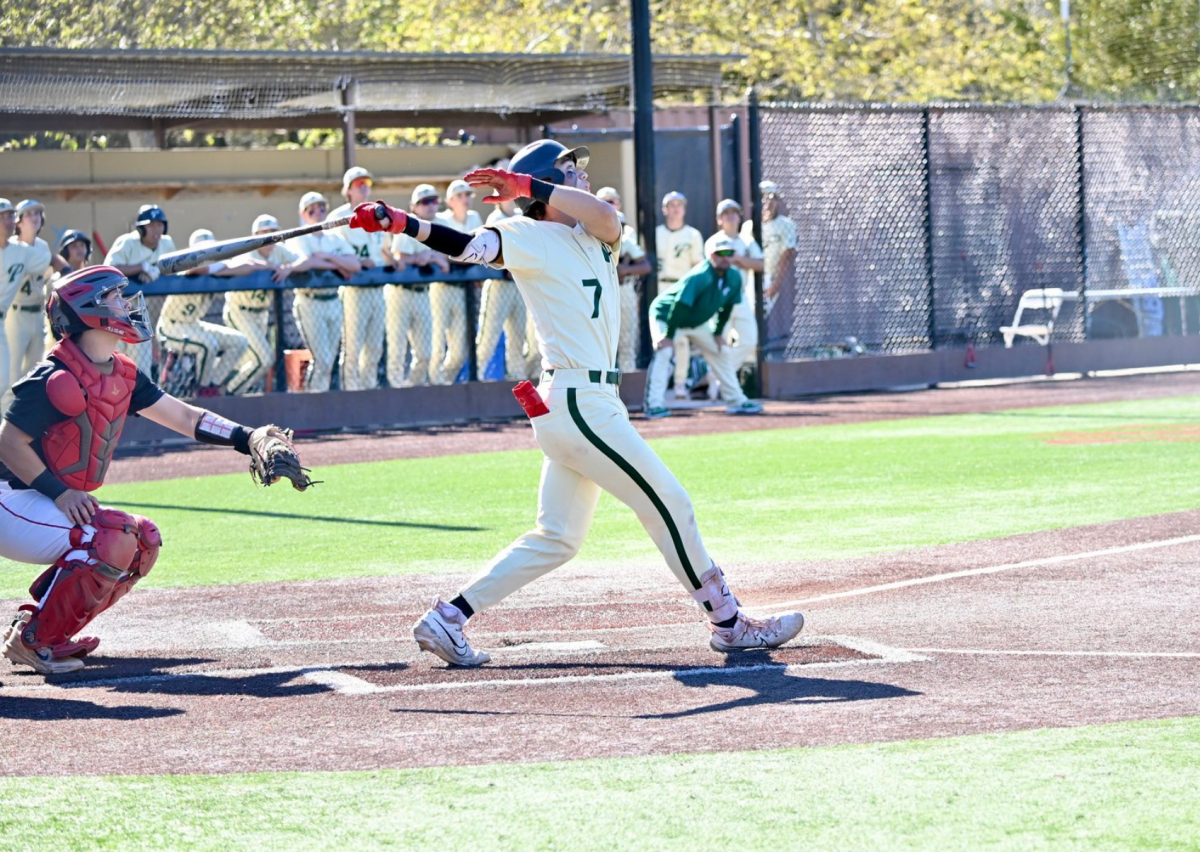Final Word: Tech Takeover
February 11, 2019
With two minutes left in the fourth quarter of the NFC championship game, Nickell Robey-Coleman laid out Saints wide receiver Tommy-Lee Lewis but no penalty was called. Thousands of people swarmed social media, stating this was one of the worst missed calls in NFL history, and that the league must change their penalty review rules to truly send the right team to the Super Bowl. This would not only have the obvious effect of longer games and unnecessary replays, but actually makes both the refs’ jobs and players‘ jobs too easy, softening the game of football once more.
Technology has continually become more and more a part of all levels of sports. From the instant replay debate in traditionalist baseball to Twitter users demanding a replay of the NFC championship game, the debate over the introduction of technology into pro sports is certainly extensive. There is already too much technology within sports, and even more will make the violent and aggressive sports we love more suited for preschoolers than professional athletes.
In the NFL, allowing referees to take back the calls they make will eliminate the hatred of officials. Part of the fun of football is creating an image of a penalty in addition to poking fun at referees who make the incorrect call. Although generally the outcome of the game should be fair, a small amount of missed calls which exist in the NFL today is more fun than a completely robotic game. It has certainly been more entertaining to poke fun at the Saints, whether or not there was a game-changing missed call. In addition, if the referees in this year’s NFC championship were able to review the missed pass interference at the end of the game, they would also be able to review many other potential missed calls throughout the course of the game, turning what is supposed to be one of the biggest sporting events into a slug fest.
It took years for the MLB to introduce the video instant replay, and many still complain it shouldn’t be a part of the game. The common argument is that a player should be able to manipulate the image of being safe to an umpire, and that it requires skill to do so. The umpire should be able to make the final decision whether or not instant replay is needed, and it should only be used if they could not see the call.
Others also argue that being able to review so many plays during the course of a game will slow down play far too much. In high intensity sports like football and basketball, a two minute break for instant replay can be the difference between having enough energy and mental preparation to make a game winning play and being too winded to perform in the clutch. If replays are continually used in professional sports, players will become softer with the extra time to rest and to think while referees over-think a decision that could be made in a split second.
High school tennis has also had a debate over the use of technology. Players aren’t provided a referee, so the opposing players call each other’s shots in or out. League officials have considered integrating a piece of technology that decides whether a ball has landed in or out. However, this piece only works some of the time, and it will create lots of delay in tennis matches. It is also more intimidating and enjoyable to get in an argument with your opponent rather than running to the camera to see about a call.
All in all, every level of sports has discussed whether or not technology will benefit or hurt the play of their sports. In nearly every case, technology will not only harm the playing of the sport, but will encourage more and more soft behavior in our already overly soft sports world.







